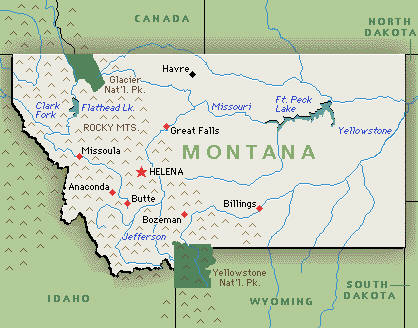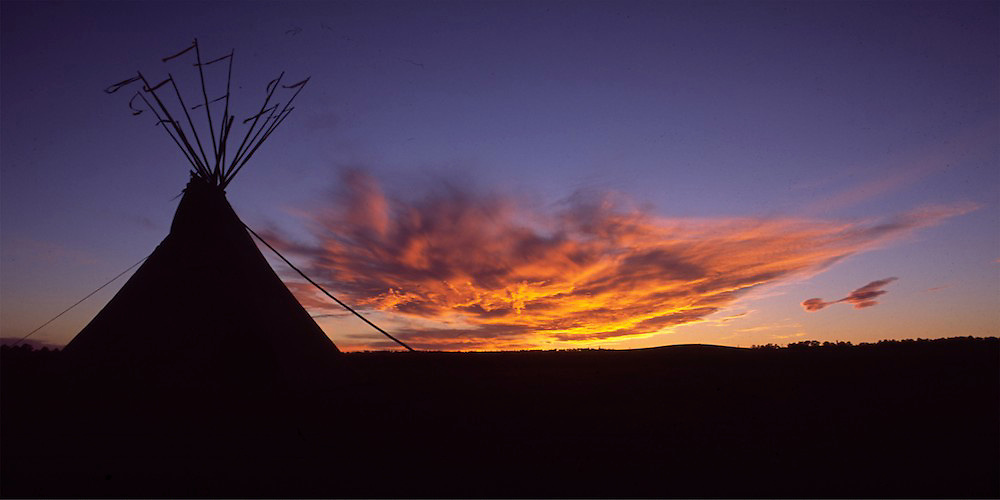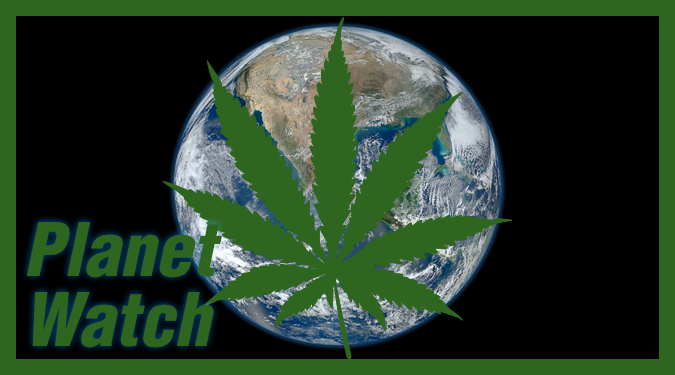 Election day, Nov. 5, saw the defeat of ballot measures to legalize cannabis in Florida, North Dakota and South Dakota. In Florida, the measure actually received upwards of 1.2 million more "yes" than "no" votes. However, because of unique rules in Florida, the constitutional amendment required support from a supermajority (60%) of voters, and it did not meet that threshold. The amendment was publicly opposed by Gov. Ron DeSantis, who spent millions of dollars on taxpayer-funded messaging and made several unfounded claims against the initiative.
Election day, Nov. 5, saw the defeat of ballot measures to legalize cannabis in Florida, North Dakota and South Dakota. In Florida, the measure actually received upwards of 1.2 million more "yes" than "no" votes. However, because of unique rules in Florida, the constitutional amendment required support from a supermajority (60%) of voters, and it did not meet that threshold. The amendment was publicly opposed by Gov. Ron DeSantis, who spent millions of dollars on taxpayer-funded messaging and made several unfounded claims against the initiative.

 Montana this spring defeated the latest effort by anti-freedom forces to roll back legalization in Big Sky Country. And state policy has been tweaked to protect small operators, positioning this inland mountain realm to ride out the dilemmas impacting the cannabis industry on the West Coast.
Montana this spring defeated the latest effort by anti-freedom forces to roll back legalization in Big Sky Country. And state policy has been tweaked to protect small operators, positioning this inland mountain realm to ride out the dilemmas impacting the cannabis industry on the West Coast. The original peoples of what is now the United States were left in legal limbo in the wake of the 2018 Farm Bill, which made hemp cultivation again lawful. Federally recognized Native American tribes could not cultivate under state regulation, because the states have limited jurisdiction on their reservations. But the US Agriculture Department dragged its heels in issuing federal regs that could apply on these lands. Caught between two sovereigns, many farmers in Indian country are asserting their right to cultivate hemp under the un-extinguished sovereignty of their own Native nations.
The original peoples of what is now the United States were left in legal limbo in the wake of the 2018 Farm Bill, which made hemp cultivation again lawful. Federally recognized Native American tribes could not cultivate under state regulation, because the states have limited jurisdiction on their reservations. But the US Agriculture Department dragged its heels in issuing federal regs that could apply on these lands. Caught between two sovereigns, many farmers in Indian country are asserting their right to cultivate hemp under the un-extinguished sovereignty of their own Native nations. Zambia becomes the latest African country to legalize cannabis cultivation—in the midst of a shriveling drought that has caused massive crop failures. The landlocked republic could be an unwilling test case in whether cannabis is as effective a drought-resistant crop as its boosters claim.
Zambia becomes the latest African country to legalize cannabis cultivation—in the midst of a shriveling drought that has caused massive crop failures. The landlocked republic could be an unwilling test case in whether cannabis is as effective a drought-resistant crop as its boosters claim. There has been significant progress toward cannabis legalization in the United States and globally over the past years, but pockets persist of the most repressive and reactionary prohibition. What are the prospects for expanding cannabis freedom in the coming year?
There has been significant progress toward cannabis legalization in the United States and globally over the past years, but pockets persist of the most repressive and reactionary prohibition. What are the prospects for expanding cannabis freedom in the coming year? With Oklahoma’s passage of a medical marijuana law, advocacy organizations say there is now only one state in the entire union without some sort of legal provision for medicinal use of either herbal cannabis or cannabinoid extracts: Idaho. And with a governor's race this year, there may be hope even there. One by one, even the most culturally conservative states are succumbing to the demands of patients and the findings of science to pass laws to allow use of (at least) extracts containing cannabinoids, or (at most) actual herbaceous marijuana, for either medical or "recreational" purposes.
With Oklahoma’s passage of a medical marijuana law, advocacy organizations say there is now only one state in the entire union without some sort of legal provision for medicinal use of either herbal cannabis or cannabinoid extracts: Idaho. And with a governor's race this year, there may be hope even there. One by one, even the most culturally conservative states are succumbing to the demands of patients and the findings of science to pass laws to allow use of (at least) extracts containing cannabinoids, or (at most) actual herbaceous marijuana, for either medical or "recreational" purposes. High Times
High Times The results of the Nov. 8 elections really indicate the schizophrenic nature of American political culture at this moment. Amid the
The results of the Nov. 8 elections really indicate the schizophrenic nature of American political culture at this moment. Amid the 





Recent comments
2 weeks 3 days ago
2 weeks 3 days ago
5 weeks 4 days ago
6 weeks 3 days ago
10 weeks 4 days ago
14 weeks 2 days ago
18 weeks 2 days ago
19 weeks 1 day ago
29 weeks 1 day ago
33 weeks 1 day ago